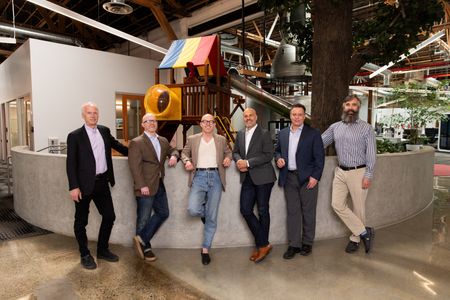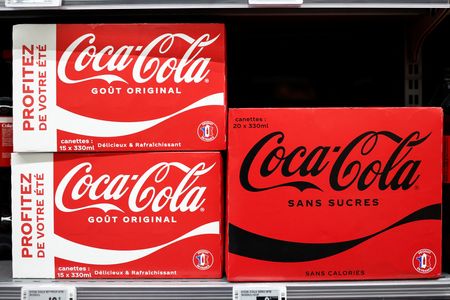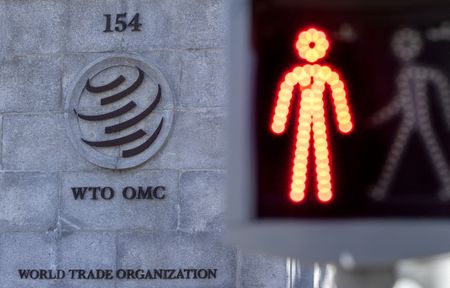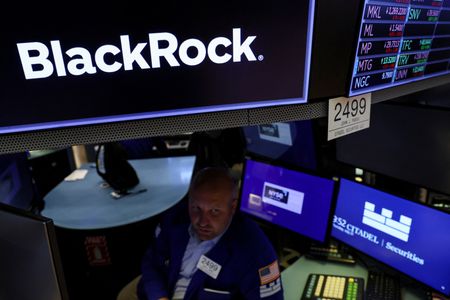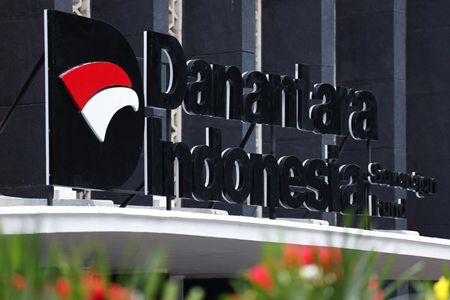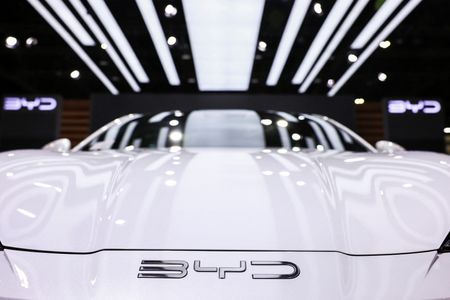(Corrects paragraph 5 to reflect that xLight plans to have its prototype complete by 2028)
By Stephen Nellis
PALO ALTO, California (Reuters) -Silicon Valley startup xLight has raised $40 million, aiming to build the first prototype of a new class of laser that could shake up the global chip industry and reclaim U.S. leadership in a field that China is aggressively investing in.
XLight’s laser – based on the same technologies as massive particle accelerators used by U.S. national labs in cutting-edge physics research – will sit at the heart of what are known as extreme ultraviolet (EUV) lithography machines. EUV machines are the tools primarily responsible for the creation of smaller, faster chips.
In a world where advances in fields such as AI are determined by how many chips Nvidia and other chip companies can supply, xLight is aiming to help chip factories, called “fabs” in the industry, turn out more of the dinner-plate-sized silicon “wafers” that contain advanced chips more quickly and cheaply.
“This is the most expensive tool in the fab. It’s what drives the cost of the wafer more than any other tool in the fab, and it’s what drives capacity more than any other tool in the fab,” Nicholas Kelez, CEO of xLight, said at the company’s Palo Alto headquarters.
XLight declined to disclose its valuation. It expects to have an operational prototype in 2028.
‘TERRIBLE MISTAKE’
The EUV machines themselves took the chip industry decades to develop, and Europe’s ASML, which xLight is partnering with on its prototype, is currently the world’s only supplier.
The U.S. government has worked across multiple presidential administrations to stop EUV machines from being sent to China, with one official calling it the “single most important export control” held by the U.S. and Europe.
China has responded by pouring resources into the field, with a close manufacturing partner of national champion Huawei Technologies claiming breakthroughs in developing its own EUV laser and more than a dozen research papers appearing at international conferences chasing the same technological path as xLight.
A U.S.-based firm named Cymer perfected the first EUV laser technology and was scooped up by ASML more than a decade ago for $2.5 billion, helping create ASML’s dominant position in the market.
“There was a terrible mistake made giving Cymer the ability to become a European-owned and controlled company,” said Pat Gelsinger, former CEO of Intel who now serves as executive chairman of xLight’s board and is a general partner at Playground Global, one of xLight’s investors.
Many of xLight’s prototype components will come from U.S. national labs as xLight works to build a supply chain in the U.S. and allied countries.
“We can build that here, or it can be built elsewhere. China is investing heavily in this space. There’s an extraordinary backstory here that says, ‘Let’s get this one right,'” Gelsinger said.
The financing round was led by Playground Global and joined by Boardman Bay Capital Management. Morpheus Ventures, Marvel Capital, and IAG Capital Partners also joined the round.
(Reporting by Stephen Nellis in Palo Alto, California; Editing by Sayantani Ghosh and Muralikumar Anantharaman)

